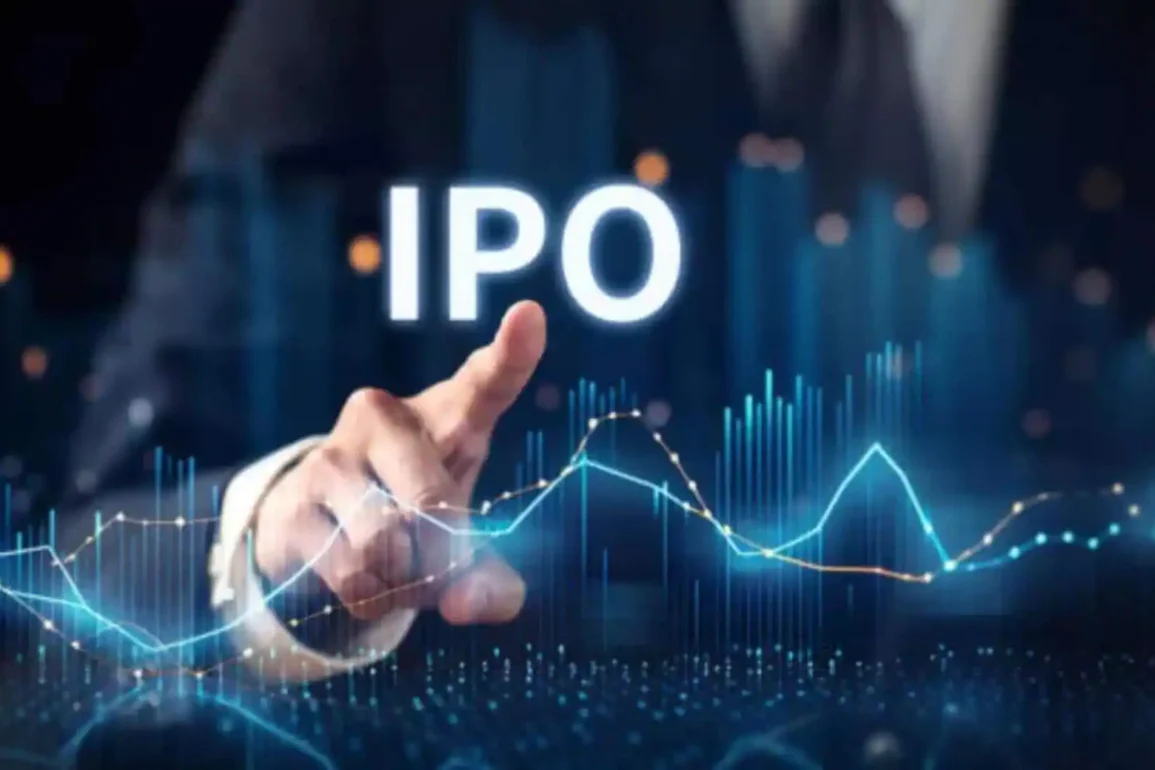- Buying pre-IPO shares often means you're purchasing from existing shareholders before the company makes its grand public debut.
You have probably come across a company that is creating a buzz, often described as having a disruptive technology, service or product, and seen as one that could make its early investors a fortune. Getting in on the action the company’s Initial Public Offering (IPO) is such a tantalizing thought. Welcome to the world of pre-IPO investing. Below, we tell you what it entails and how to navigate it.
What Are Pre-IPO Shares?
Simply put, pre-IPO shares are ownership stakes in a private company that have not yet been listed on a public stock exchange. These shares are owned by a select group, including the company’s founders, employees, and early-stage investors like venture capitalists.
Buying pre-IPO means you’re purchasing these shares from existing shareholders before the company makes its grand public debut. The dream is simple: buy low in the private market and watch the value of your shares soar when they become available to the masses.
The “Accredited Investor”
Here’s the first and most significant hurdle for the average person: in most parts of the world, you must be an “accredited investor” to participate in pre-IPO deals. This isn’t about how smart you are; it’s a legal designation based on your wealth. Minimum investment amounts can be quite high and can amount to tens of thousands or even millions of dollars.
You often need to sign confidentiality and lock-in agreements. The rationale behind this rule is to ensure that investors in these high-risk, illiquid assets have the financial sophistication and a sufficient cushion to absorb potentially significant losses. For most people, this rule effectively closes the door on direct pre-IPO investing.
How to Get Into the Pre-IPO Market
If you do meet the accredited investor criteria, several avenues open up. For the vast majority who don’t, these are still good to know to understand how this world operates.
- Specialized Pre-IPO Platforms: These are specialised platforms that connect sellers with buyers. The digital age has brought some transparency to this opaque market, with platforms like Forge Global and EquityZen acting as secondary marketplaces. They connect employees and early investors of private companies who want to cash out with accredited investors who want to buy in. These platforms provide some structure and a degree of due diligence, and you may have to sign legally-binding agreements, including Non-Disclosure Agreements (NDAs). Also, the investment minimums can still be steep, often starting at $100,000 or more.
- Private Equity and Venture Capital Funds: A more indirect route is to invest in a fund that specializes in late-stage private companies. You can invest in funds that focus on late-stage private companies gearing up for an IPO. If you follow this route, you don’t directly hold the shares, but you get to participate in the potential IPO gains. Still, minimums can vary, from a few thousand dollars via syndicates, to much more in VC funds. Also, you give your money to professional fund managers, and they pool it with capital from other investors to buy stakes in a portfolio of pre-IPO companies. This offers diversification, but you give up control over which specific companies you invest in and will pay management fees.
- Personal Networks: The oldest method is still relevant. Sometimes, opportunities to invest in a startup come through direct connections to the founders or executives of a private company. This is largely the domain of “angel investors” who get in at the earliest stages.
Beware of the Risks
Before you get carried away by the potential rewards, you must understand the monumental risks of pre-IPO investing.
- The IPO Might Never Come: Companies often talk about going public for years. Sometimes, market conditions change, the company’s growth stalls, or they simply decide to stay private. If the IPO you’re banking on is delayed indefinitely or cancelled, your investment is stuck in limbo.
- They are Extremely Illiquid: This is the most critical risk. Unlike public stocks that you can sell in seconds, your pre-IPO shares are locked up. There’s no guarantee you can sell them when you want to. You might have to wait years for the company to go public or get acquired – an event that may never happen.
- Valuation miss: A private company isn’t subject to the same rigorous financial reporting standards as a public one. It can be incredibly difficult to determine a fair price for its shares. You could easily overpay based on hype, only to find the public market values the company far less during its IPO.
- Lack of Information: Finding reliable, detailed financial information on a private company can be a challenge. You’re often operating with far less data than you would when analyzing a publicly-traded stock, making due diligence much harder. Do your due diligence by analyzing the company’s financials, its projection, management track record etc.
In Summary
For the vast majority of people, buying pre-IPO shares directly is out of reach and likely too risky. The “get rich quick” stories are the exceptions, not the rule. The regulations are in place to protect everyday investors from a market that is illiquid, opaque, and fraught with peril.
Instead of chasing exclusive pre-IPO deals, a far more prudent strategy is to wait for the company to go public. You may miss out on those initial “day one” gains, but you’ll be investing in a company with transparent financials, a public valuation, and the ability to sell your shares whenever you choose. The allure of getting in early is strong, but in the world of investing, patience and prudence are your most valuable assets.
This article was originally published on InvestingCube.com. Republishing without permission is prohibited.


